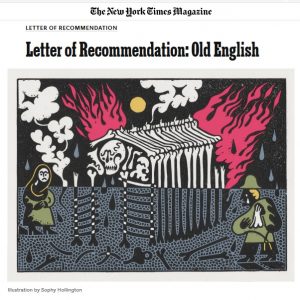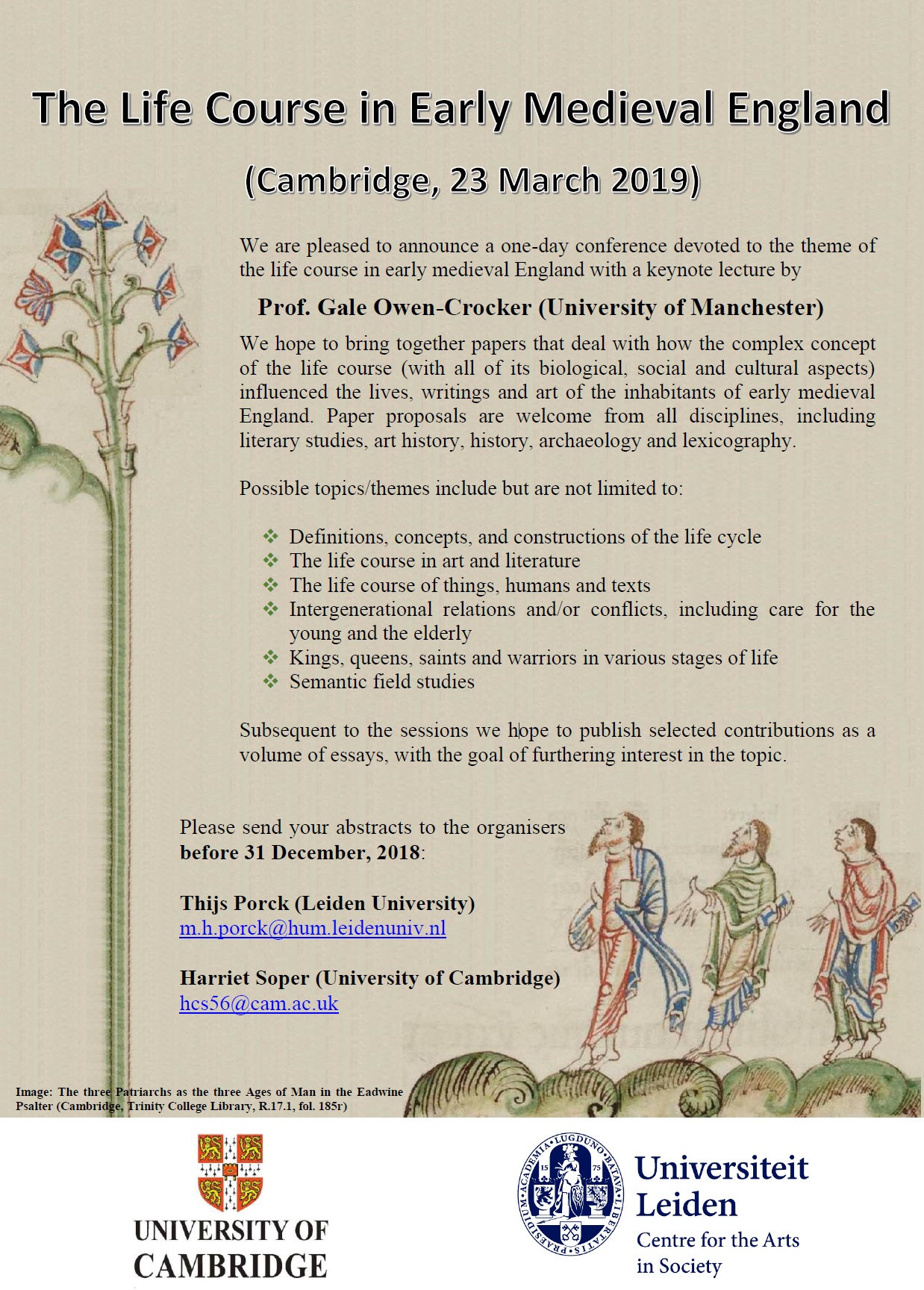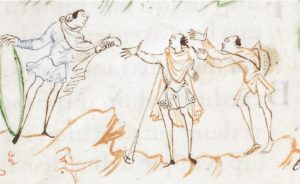TOEBI believes that Black lives matter. The society recognises the many failures, present and historic, to support and listen to Black academics, both in academia generally and within our own field specifically, and that these failures contribute to a larger system of oppression against Black people. As a society, our aim is to promote the teaching of Old English in universities, and we commit to fostering an environment supportive of Black scholars, scholars of colour, and scholars from other ethnically marginalised backgrounds, including Irish Travellers.
We have work to do. Scholars privileged by race and by other characteristics have an obligation to learn more, and to support marginalised colleagues and students. In the future, we will do more to amplify diverse voices and the work of BIPOC scholars.
The 2020 bibliography on race and medieval studies crowdsourced by Dr Mary Rambaran-Olm and Dr Erik Wade provides a useful starting point: https://mrambaranolm.medium.com/race-101-for-early-medieval-studies-selected-readings-77be815f8d0f . For further resources on anti-racism, see this project page from Dr Nicole A. Cooke at the University of South Carolina: https://padlet.com/nicolethelibrarian/nbasekqoazt336co .
You can find a broader statement of TOEBI’s values and our anti-harassment policy here.



